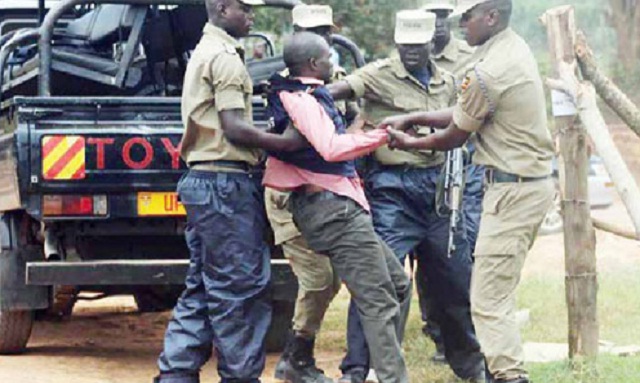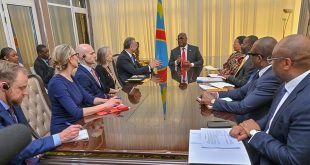
Reversal of freedoms
But things started changing for the worse in the mid-1990s. This included the government shutting down media platforms, legal threats, the infiltration of newsrooms by security spies, thuggery, intimidation, and withholding of advertising from institutions deemed to be critical of the government.
As respected Ugandan radio host and media scholar, Samuel Kazibwe said, in addition to political pressure, economic pressure, an oppressive legal regime and even cultural or religious factors, the main censor has become the political one because it even has the capacity to close a media house without following any legally laid down rules and procedures.
Some notable examples stand out. In 2009 four radio stations, including Kazibwe’s CBS radio were closed down for a year. Owned by the Buganda monarchy, the largest of Uganda’s four kingdoms, CBS radio had given full coverage of riots in Kampala and neighbouring towns following the central government’s restriction on Buganda’s prime minister travelling to a culturally contested part of the kingdom.
The government closed the station, alongside other stations, claiming that they were fanning insecurity in the country.
In 2013 the independent Daily Monitor was shut down for more than a week after publishing a letter alleging that Museveni was grooming his son to succeed him. Its sister radio stations KFM and Dembe Radio were also occupied by police and closed down.
Government also regularly takes journalists to court. Obbo appeared in court 45 times between 1997 and 1999. Commercial threats are also used. Oguttu accused the government of deliberately denying their paper adverts right from its infancy in 1993.
And then there are the bribes. Research has highlighted censorship that takes the form of bribes – nicknamed “brown envelopes”. These are often doled out to journalists to write favourable stories and to ignore the controversial issues. Kazibwe says that there are incidences where these powerful organisations have arm-twisted media organisations to sack certain journalists because they believe they are out to collapse their companies.
Fast forward to 2018. Despite Museveni’s flimsy excuse for the assault on the Reuters’ photographer – the reason was clear: It is part of an ongoing and systematic form of censorship designed to stifle freedom of the press in Uganda.
Tackling issues
Despite all the threats and challenges, the media in Uganda continues to tackle controversial issues and break big stories of corruption and abuse of power. Nation TV’s On the Spot, NBS TV’s Frontline, Capital Radio’s Capital Gang, and Radio Simba’s Gasimbaganye ne Bannamawulire, as well as CBS Radio’s current Affairs programmes continue to court politically controversial topics. They host government critics and civil rights activists who openly speak out.
The president also allows press conferences where probing questions are asked which continue to at least afford a semblance of press freedom in the country in spite of the lurking iron fist.
****
Geoffrey Ssenoga is a lecturer of Mass Communications, Uganda Christian University
 The Independent Uganda: You get the Truth we Pay the Price
The Independent Uganda: You get the Truth we Pay the Price



